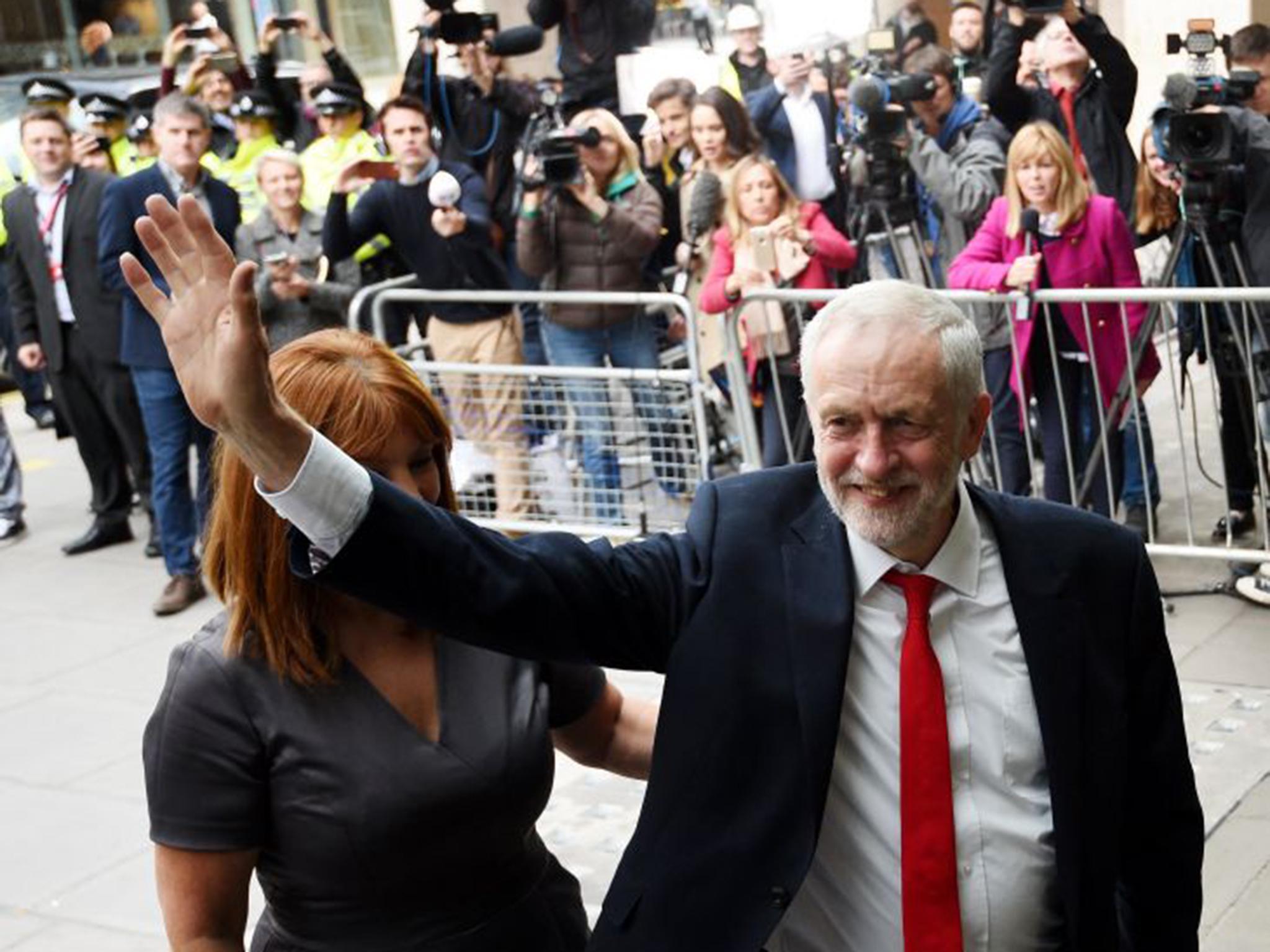Labour election result: Jeremy Corbyn won larger share of vote than Tony Blair in 2005
Labour has outperformed expectations and currently has 40.1 per cent of the popular vote

Your support helps us to tell the story
From reproductive rights to climate change to Big Tech, The Independent is on the ground when the story is developing. Whether it's investigating the financials of Elon Musk's pro-Trump PAC or producing our latest documentary, 'The A Word', which shines a light on the American women fighting for reproductive rights, we know how important it is to parse out the facts from the messaging.
At such a critical moment in US history, we need reporters on the ground. Your donation allows us to keep sending journalists to speak to both sides of the story.
The Independent is trusted by Americans across the entire political spectrum. And unlike many other quality news outlets, we choose not to lock Americans out of our reporting and analysis with paywalls. We believe quality journalism should be available to everyone, paid for by those who can afford it.
Your support makes all the difference.Jeremy Corbyn has won a larger share of the vote in last night's election than Tony Blair achieved when he took power in 2005.
With 648 of the 650 seats declared, Labour currently sits on just over 40 per cent of the vote, significantly higher than the 35.2 per cent the party managed in 2005.
In his last general election, Mr Blair won a majority with 355 seats, and although Mr Corbyn is currently a long way behind on 261, his share of the popular vote is significantly higher.
Share of vote does not directly equate to number of seats because of Britain's first-past-the-post electoral system, which exclusively rewards those with the most votes in each constituency, and does not afford losing candidates' votes any parliamentary representation.
However, it means the Labour leader has outperformed expectations, with many forecasting a Tory landslide when the election was first called.
The Conservatives have failed to secure a majority in the election and are currently nine seats short having won 317 constituencies.
Theresa May is facing calls to stand down as a result.
Conservative sources are adamant that Ms May will not resign despite her failure to secure a majority, and she is now said to be in talks with the DUP to form a coalition.
Labour however expects to oust Ms May from No 10 and form a minority government themselves, Shadow Chancellor John McDonnell has said.
“We're ready to form a government….we are willing to serve the country,” he told the BBC.
When asked, Mr Corbyn himself did not rule out forming a minority government and said he is "ready to serve".
Join our commenting forum
Join thought-provoking conversations, follow other Independent readers and see their replies
Comments